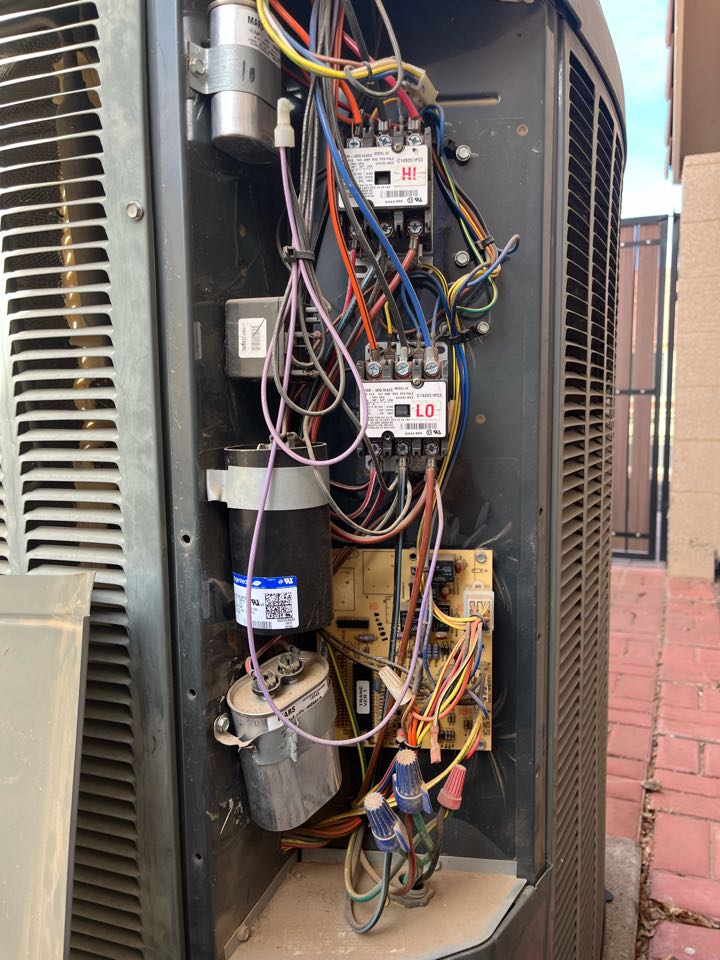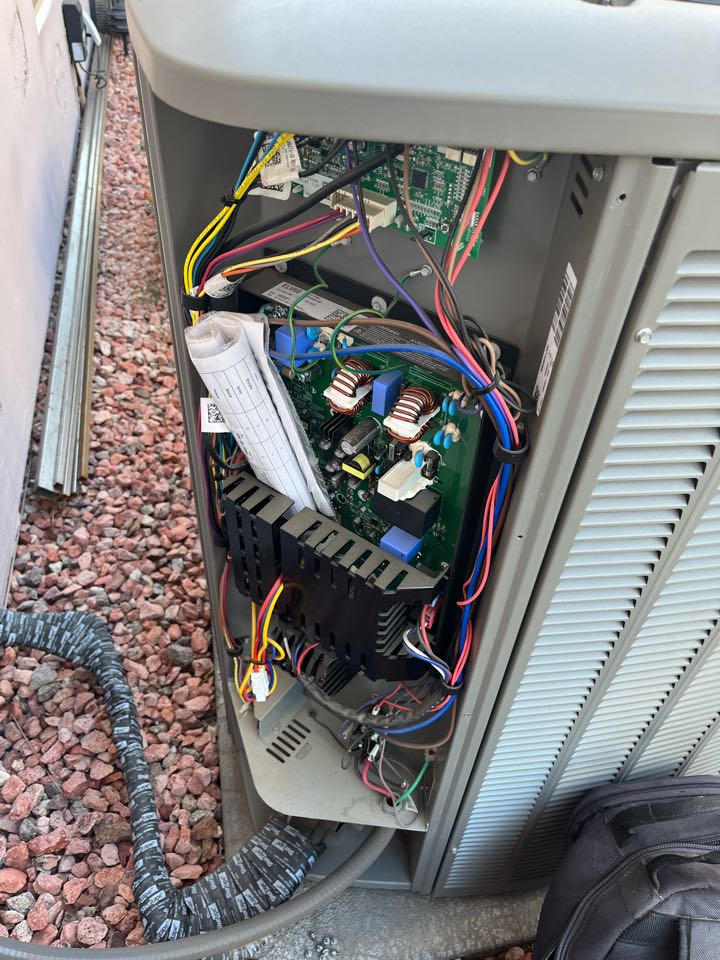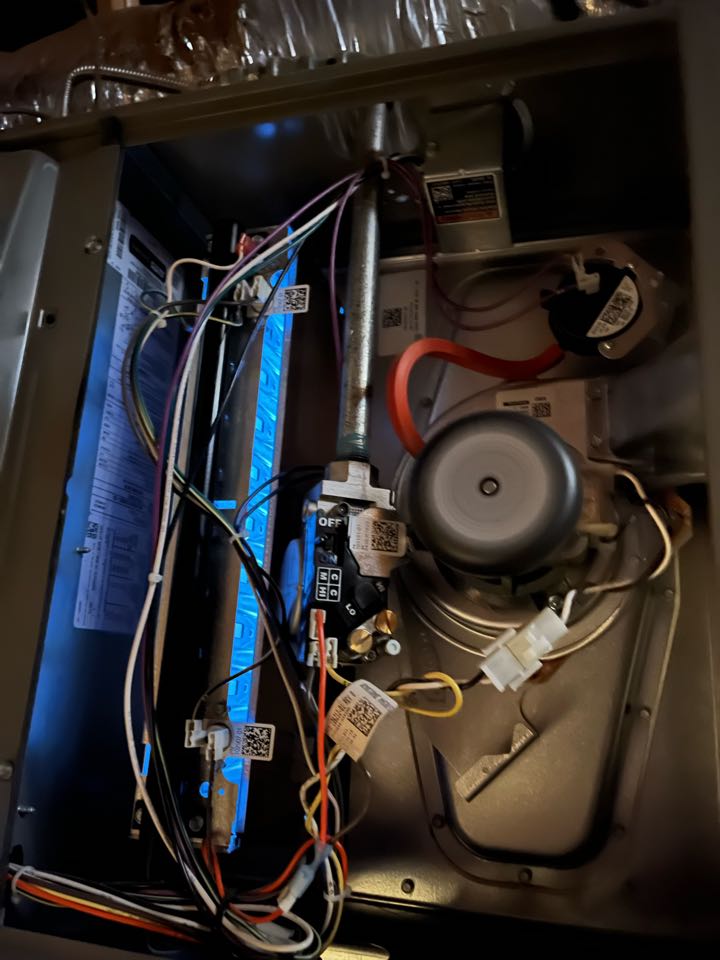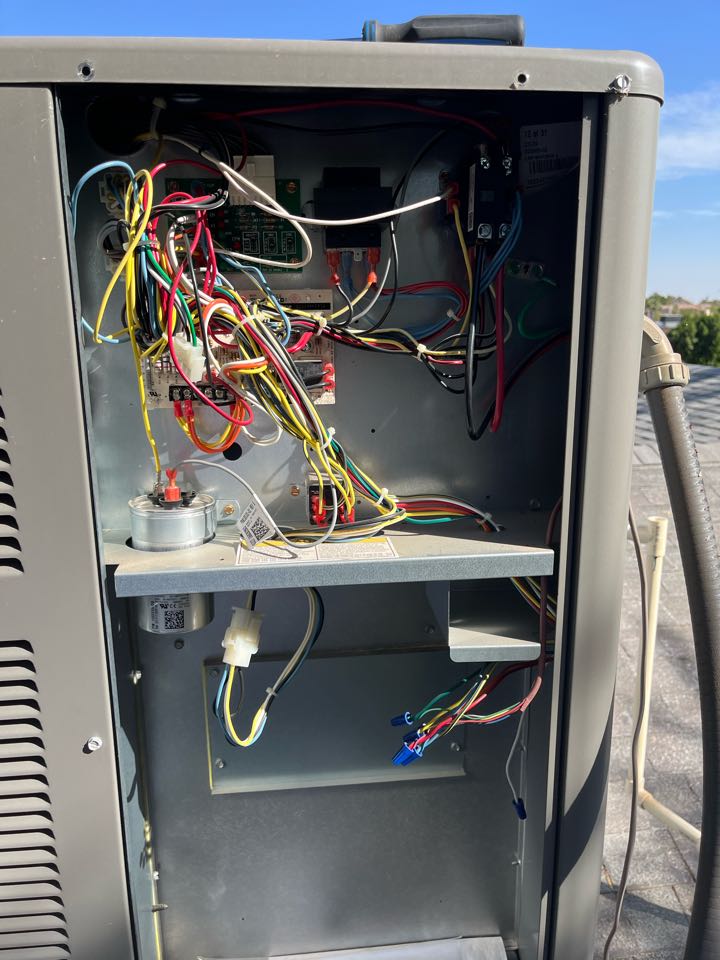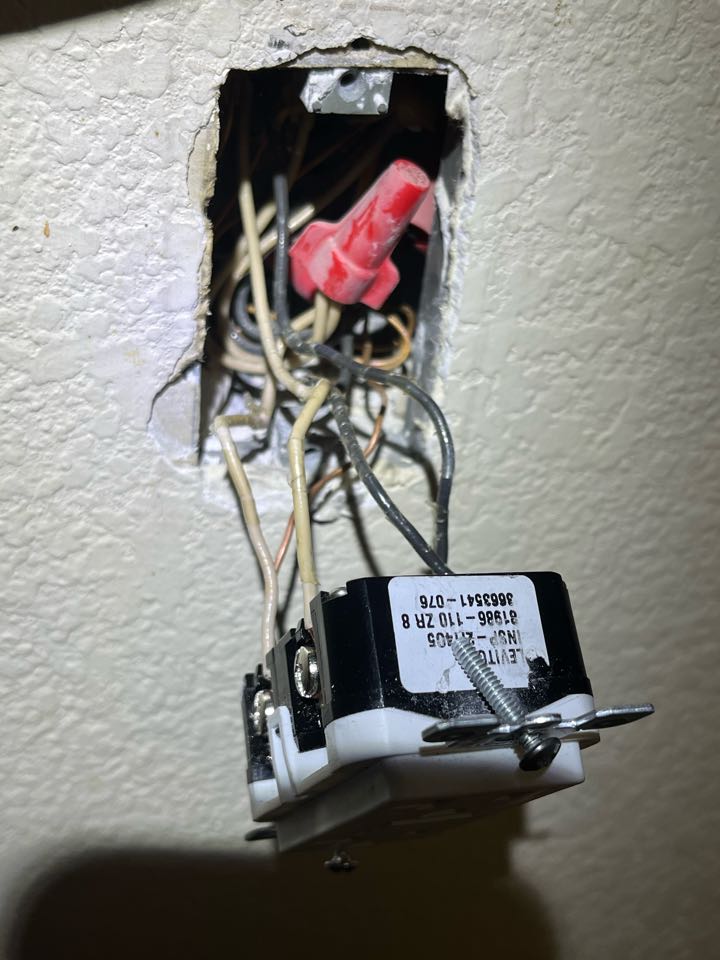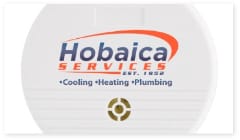You Get What You Pay For
What do you do when you start researching and finally choosing a home contractor? Think about this quote first.
“It’s unwise to pay too much, but it’s worse to pay too little. When you pay too much, you lose a little money — that is all. When you pay too little, you sometimes lose every thing, because the thing you bought was incapable of doing the thing its was bought to do. The common law of business balance prohibits paying a little and getting a lot — it can’t be done. If you deal with the lowest bidder, it is well to add something for the risk you run. And if you do that, you will have enough to pay for something better.”
John Ruskin

A Quality Contractor
Complies with state and local codes and regulations and carries the proper business and workman’s compensation insurance. Is prompt and courteous and provides fast, reliable service, attempting to perform service at your convenience. Has the skill and knowledge to not only service your equipment, but if necessary, to design and install the right system for you. A quality contractor is up-to-date on the newest developments in equipment, technology and design procedures in order to choose a system which will be the most efficient and the most reliable-the right system for you. A heating, ventilating, and air conditioning system is designed to suit your needs. Your contractor selects each part of the system individually so that everything works at top efficiency to provide the comfort you need. All the system components are matched- the furnace, the condensing unit, fans and blowers, air conditioning coil, the ductwork- to produce a heating and cooling system that will work best for you. A quality contractor listens to your problems and cares about your comfort. He attempts to find out if any rooms are too drafty or dry during the winter, or too hot or damp during the summer. A quality contractor can help determine if your home or building is prone to indoor air pollution problems due to organic resins or vapors, poor air turnover, or high humidity. If allergies are a problem a quality contractor can properly service your heating and air conditioning system and recommend system accessories that may prevent conditions which adversely affect health and comfort. A quality contractor is concerned about protecting the environment. Chlorofluorocarbons (CFC’s) and hydrochlorofluorocarbons (HCFC’s)-used as air conditioning refrigerant, among other things- have been linked to the destruction of the earth’s ozone layer. A quality contractor will not release refrigerant into the atmosphere, and is trained in the proper techniques for recovering, recycling and/or reclaiming, and safe disposal of used refrigerant. A quality contractor will show you how to care for your system on a day-to-day basis-for example, how to change the filter and how to operate the thermostat. And he will advise you about symptoms which could signal that there might be a problem with the equipment. After he has serviced your equipment, he will let you know when it should be serviced again. If a new system is in order, a quality contractor will present options to help you make the best decision regarding replacing your old system. A quality contractor offers planned safety inspection service to maximize the life of your equipment, and he honors the terms of the warranty on the equipment throughout the warranty period. A quality contractor does not offer price as the only consideration. While it is a major factor, there often are valid reasons for price differences. A quality contractor will follow up with you to make certain that you are satisfied with the service.
When consulting an HVAC contractor, you should:
Ask the contractor for references. Find out if other customers were satisfied with his work. Ask the contractor about his or her license. If a license is required in your area, they will be happy to give you the license number. Ask the contractor if he or she is a member of the Air Conditioning Contractors of America. ACCA contractors have access to the latest technical information regarding HVAC systems. And through ACCA, contractors learn how to make quality an integral part of their company operations.





